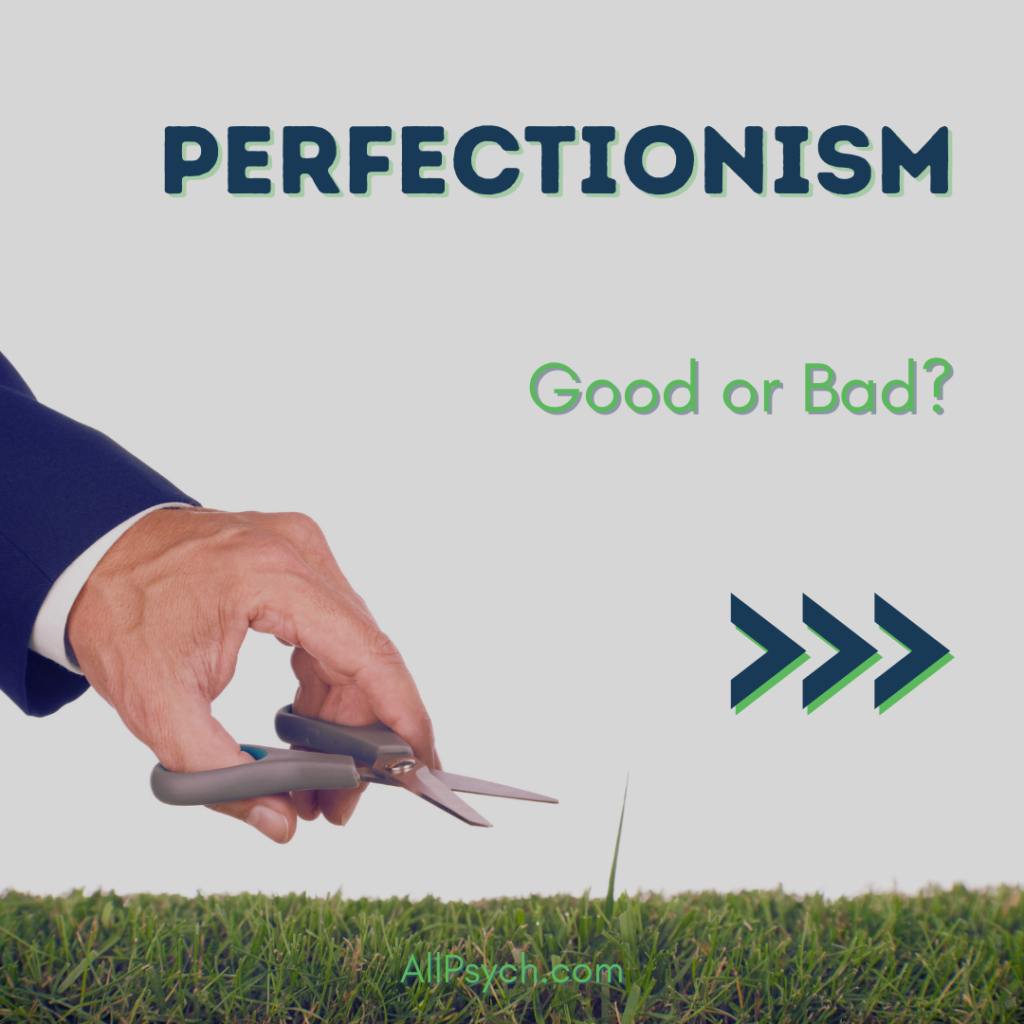Performance Psychology
Psychology, Mental Health, and Well-Being Handouts, Worksheets, and Infographics
ADDRESSING 3D WorksheetThe ADDRESSING Model, developed by Pamela Hays, helps people understand important social identities and how they influence us. This worksheet focuses on identifying how various cultural and social identities influence us in three dimensions – our sense of self, how …Read more
Read MoreBeing a Perfectionist Doesn’t Have to be a Negative
Being a perfectionist gets a bad rap. It is associated with negative outcomes, anxiety and stress. This isn’t because perfectionism is bad, but rather the way we approach it is bad. Hurtful Perfectionism Perfectionism is a striving, meaning it is about constant forward movement. This means it is about finding solutions and moving toward the…
Read MoreSpotlight on Grit
Albert Einstein once said, “It’s not that I’m so smart, it’s just that I stay with problems longer.” This quote exemplifies the concept of grit. Angela Duckworth, PhD About five years ago, Dr. Angela Duckworth published her book, Grit, which focused on the power of both passion and perseverance in one’s success in life.…
Read MoreWhy Do People Gild the Lily? Curiosity, Maybe
Sometimes people don’t accept “good enough,” and they pursue perfection with counterproductive, or even disastrous, results. This phenomenon is so common that we have multiple sayings warning us not to fix what ain’t broke and not to gild the lily. So what drives people to go ahead and fix what isn’t broken anyway? A new…
Read MoreJobs That Involve Dealing With New Information Might Help Brain Health
Do you have a job where you regularly find yourself having to take into account and adjust to new information? That can keep you on your toes, but it might also help keep your brain in top shape over time, according to a new study from researchers at Columbia University. In the study, researchers analyzed…
Read More4 Factors That Link Stress to a Decline in Work Ability
Some amount of stress is often a part of work, but too much stress can start to interfere with people’s ability to get their work done. An important question is under what conditions stress begins to derail people’s work lives. Understanding that might help with knowing what strategies people can use to cope with stress…
Read MoreGeneral Language Skills Might Help With Learning Programming Languages
Is learning a programming language like learning any other kind of language? Intuitively, you might expect the answer to be no. Programming languages are made up of different components than natural languages, and they’re used for a different purpose. But a new study from researchers at University of Washington suggests that to some extent the…
Read MoreIs Getting Up Too Early Worse Than Going to Bed Too Late?
To some extent, we have all conducted our own one-person real-life experiments with sleep deprivation. One thing I’ve noticed in my own such experiments is that if I’m going to have my sleep cut short, I’d rather do it by going to bed late than by waking up early. One especially late night by itself…
Read MoreBreakfast Habits and School Performance
“Dear diary, today I had cereal and orange juice for breakfast.” That kind of diary entry might make for fairly boring reading, but it’s exactly what the authors of a recent study on nutrition habits and school performance were interested in. In the study, 294 British teenagers kept food diaries for a week, reporting the…
Read More“Thank You” Can Change How People See You
If your parents told you to always say your thank yous when you were growing up, chances are they understood on some intuitive level that these two simple words carry a lot of power. Now there’s some science to back that idea up. A study published in Journal of General Psychology asked 136 participants to…
Read More









